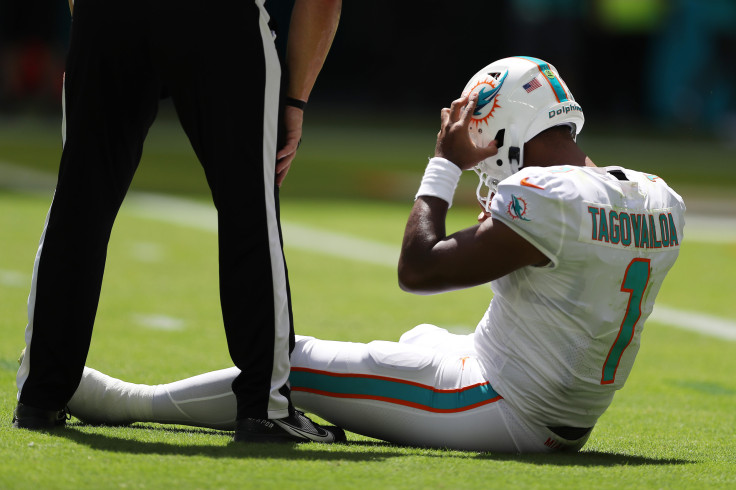1 In 3 Former NFL Players Believe They Have Suffered Brain Damage
The study looked at former professional athletes and a link with chronic traumatic encephalopathy

A new multi-year Harvard study found that 34% of former professional football players believe they have brain injuries from the sport.
The respondents say they perceive themselves to have chronic traumatic encephalopathy (CTE) according to the study published in JAMA Neuro on Monday.
The perceived CTE was significantly associated with a number of health problems and those with perceived CTE had substantially more suicidal thoughts, according to the study's authors.
The Football Players Health Study was conducted from 2017 to 2020 involving 4180 players who played professionally from 1960 to 2020.
Subjective cognitive difficulties, low testosterone level, headache, concussion signs and symptoms accrued during playing years, depressive/emotional and behavioral dyscontrol symptoms, pain, and younger age were significantly associated with perceived CTE, according to the study.
The risk of suicide was reported by 25% of the former players with perceived CTE while it was only 5% in the others.
The authors noted that the increased number of former players who think they may have CTE could be impacted by media coverage of the topic and their health issues could be non-CTE related.
There currently is no test or treatment for CTE. It is only confirmed during an autopsy.
Some researchers are trying to develop tests to diagnose CTE while people are alive.
CTE is suspected in people who are at high risk due to repeated head trauma over a period of years during sports or military experience, according to the Mayo Clinic.
© Copyright IBTimes 2024. All rights reserved.






















